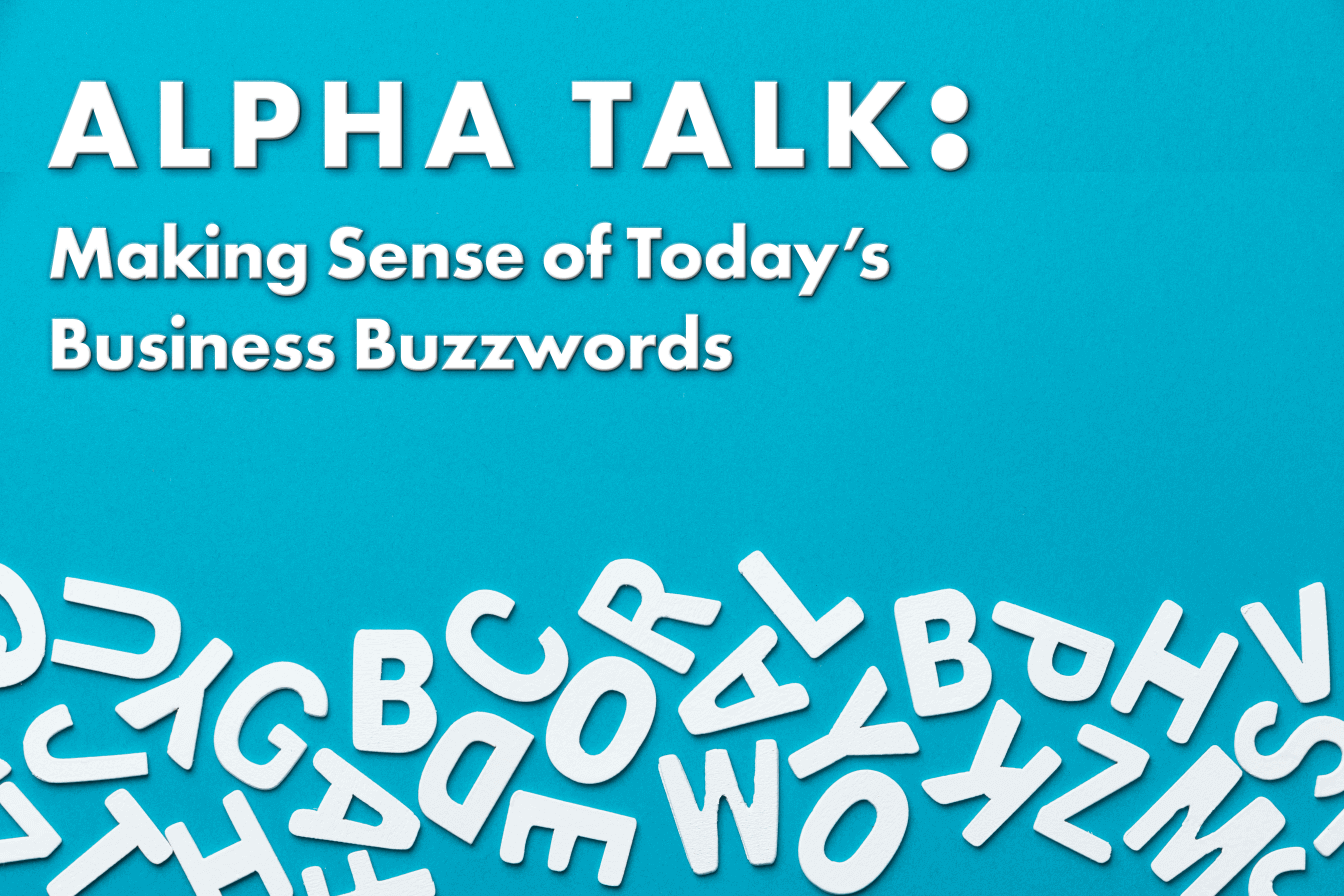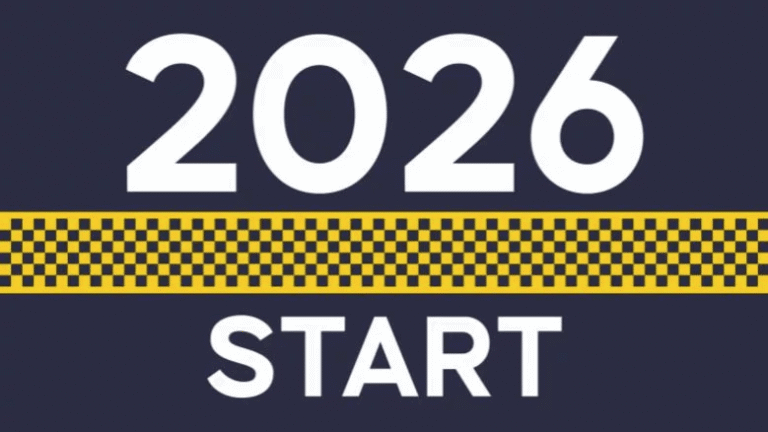ALPHA TALK 2024
It’s been a minute (more on this later) since I last visited the topic of confusing or misleading terms that are often used to describe things or to make a point. But I found my tolerance for a few of these terms once again reaching the point of intolerance and decided it was time to clear up some of the confusion.
Smartwater. Since when did water get so smart? And who taught it? According to ChatGPT, water is defined as “…a colorless, tasteless, and odorless liquid that is essential for all known forms of life. Chemically, it is composed of two hydrogen atoms bonded to one oxygen atom. Water exists in three states: liquid, solid (ice), and gas (water vapor).” Nowhere does it mention that some water is smarter than others. Water is just water.
Humble-bragging. I always thought that “humble” and “bragging” were mutually exclusive terms. Apparently, I was wrong.
I was introduced to this expression as it applies to travel—luxury travel specifically. This is frequently found in people flying first class or business class who are trying to impress their friends by complaining about the wine or cheese that was served.
Now that I’m a grandparent with a social circle populated by other grandparents, I’ve noticed that many of them embrace humble-bragging as it applies to their grandchildren. Like protesting about the money their child spent on the grandchild’s dance outfit, all the while showing endless photos of little Suzie at her dance recital.
Commercial logistical transporter. Seriously? Who comes up with these titles?! We’re talking about a truck driver. Driving a truck is noble work. At its core, calling it something else is a not-so-subtle way of circumventing the fact that someone doesn’t take pride in the job they have, so they give it an inflated title. This is a shame. Work in itself, no matter what the work, is noble. I like the way the founder of Forbes Magazine stated, “There is more credit and satisfaction in being a first-rate truck driver than a tenth-rate executive.” I believe we’ve all seen examples of this in action.
It’s been a minute. Probably not. As often as I’ve heard this term used lately, I’m beginning to think that I’m losing the ability to track time, when really, I’m not. This expression is used in a lot of different situations.
As a greeting we might say, “Where have you been? It’s been a minute!” when really it hasn’t been. Usually it’s been weeks, months, or even years! Now everyone’s confused and thinking they’re losing the ability to track time, just like me.
A variation of this expression is asking someone if they’ve “got a minute?” Be careful when you hear this one! Rarely does the person who’s asking the question only want a minute. And the person being asked knows this. Now everyone’s confused. I have a friend who says he’s asked this question so often that he’s beginning to believe people think “Gotaminute” is his first name.
I can only imagine how confusing non-native English speakers must find some of the ever-changing, discombobulation of expressions that many of us struggle with. But I’ll save that one for the next Alpha Talk!



